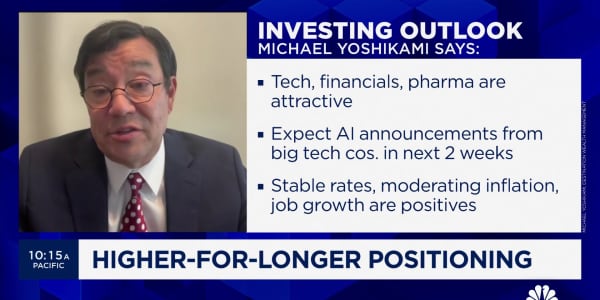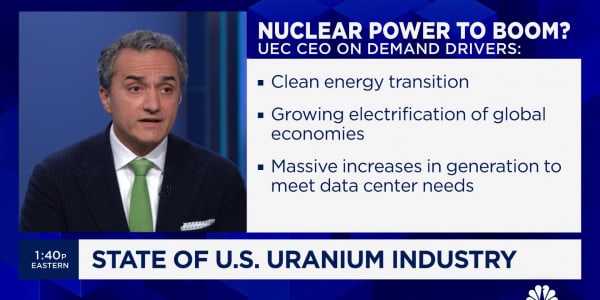If the U.S. defaults on its obligations in early August, it will be because the President chose not to exercise his power to raise the debt ceiling on his own.
The President has it within his power to order the Treasury Department to issue new bonds to fund current obligations, even if those issuances exceed the debt ceiling.
“When Abraham Lincoln suspended habeas corpus during the Civil War, he said that it was necessary to violate one law, lest all the laws but one fall into ruin,” legal academics Eric Posner and Adrian Vermeule have argued in a New York Times Op-Ed. “So too here: the president may need to violate the debt ceiling to prevent a catastrophe—whether a default on the debt or an enormous reduction in federal spending, which would throw the country back into recession.”
Their argument doesn’t rest on any contentious reading of the 14th Amendment. Rather it rests on the primacy of the presidency in our contemporary constitutional order.
The constitution did not originally set up a system characterized by executive primacy. The legislative branch came first in the original constitutional order. It exercised all the most important powers, including the powers to raise taxes, borrow money and declare war. The presidency was put into the position of executing the policies declared by the Congress.
But we’ve long since departed from the original order. The primacy of the presidency is a fact of our political order. The size of the executive branch dwarfs anything dreamed of by the Founding Fathers.
Our presidents wage undeclared wars, refusing to even call them hostilities. The administrative apparatus of the executive branch is constantly legislating under the guise of “rule-making.”
Most of this is done in contravention to the text of the Constitution.
“One can argue that the current system is illegitimate and should be reformed because it violates the letter and spirit of the original understanding, but that argument was available to critics of executive power from the beginning, yet made no headway against forces that favored constitutional (or, if you want, institutional) development in the direction of executive primacy. Those forces were simply too strong,” Posner has written elsewhere.
Larry Tribe has argued that a unilateral presidential issuance of debt would relieve the president from any budgetary limitations. But that ship has already sailed, most recently to the shores of Tripoli. A constitutional order that makes it easier for the president to engage in foreign warfare than to issue debt to avoid a default on our obligations would be truly strange.
I would prefer a return to something closer to our original constitutional order. But I do not think it’s very useful to pretend that we’re living in it now.
_____________________________________________
Questions? Comments? Email us at
Follow John on Twitter @ twitter.com/Carney
Follow NetNet on Twitter @ twitter.com/CNBCnetnet
Facebook us @






